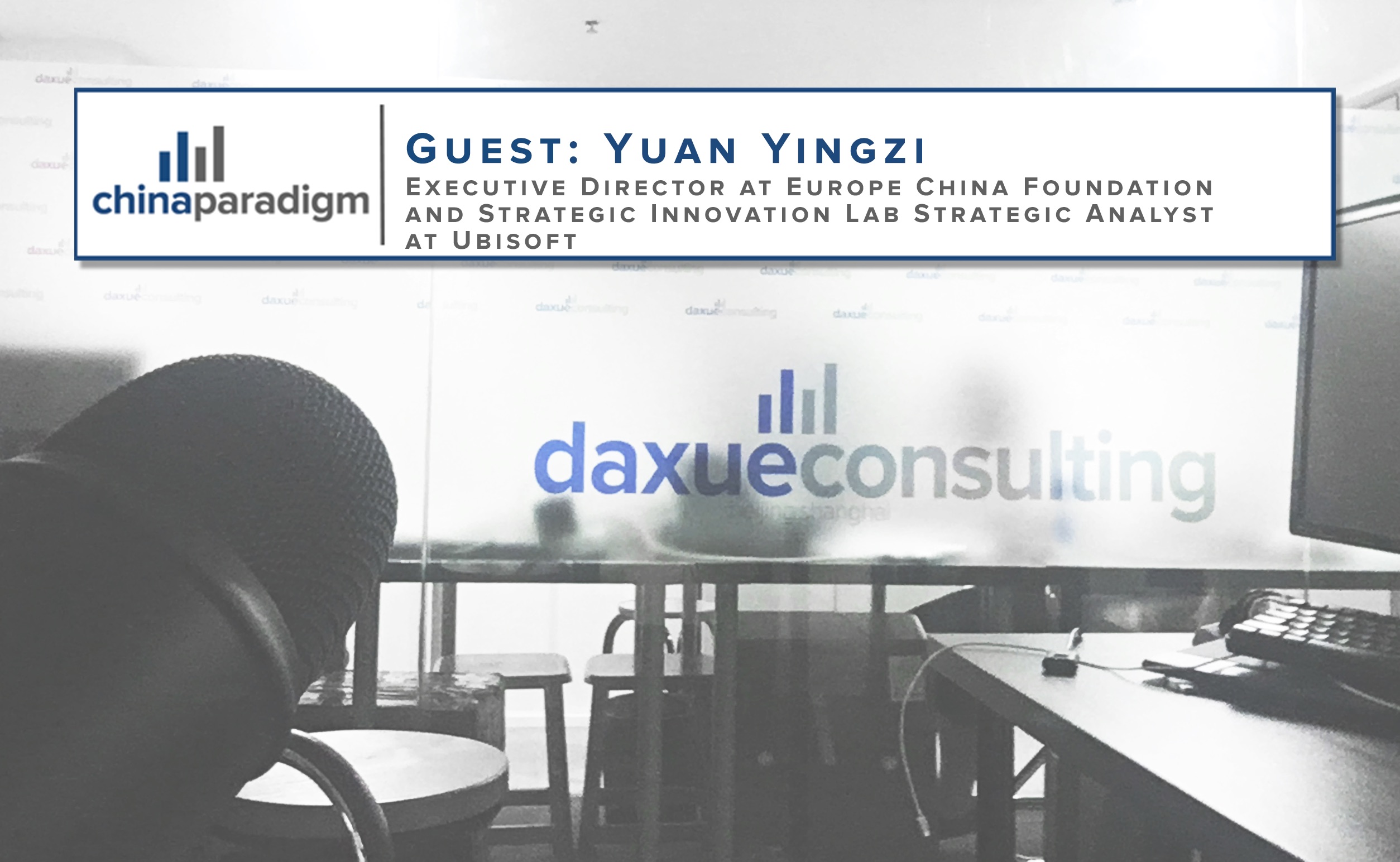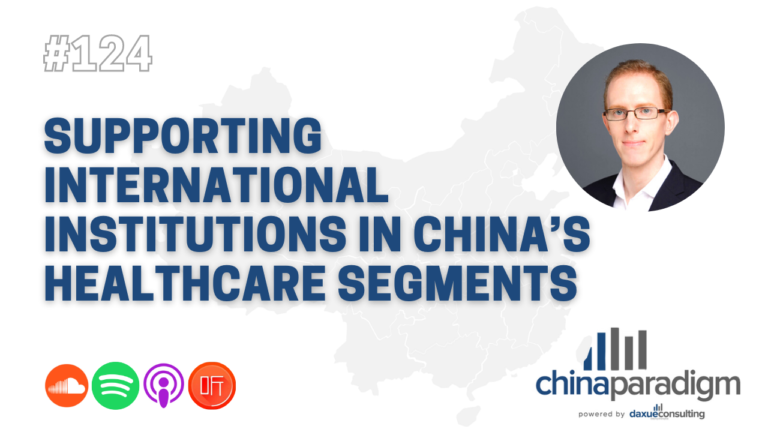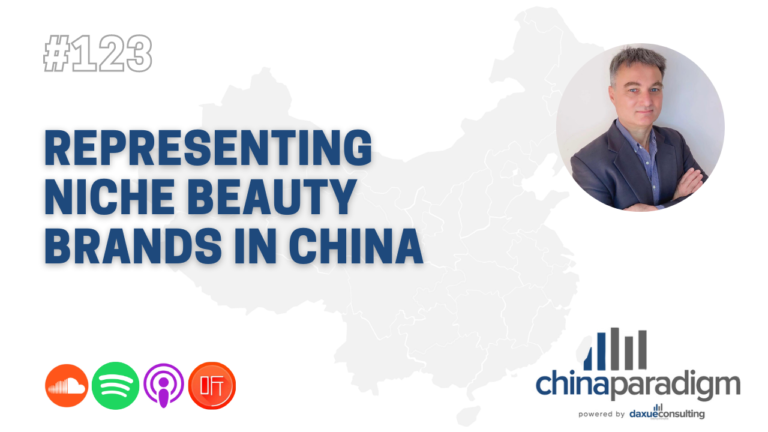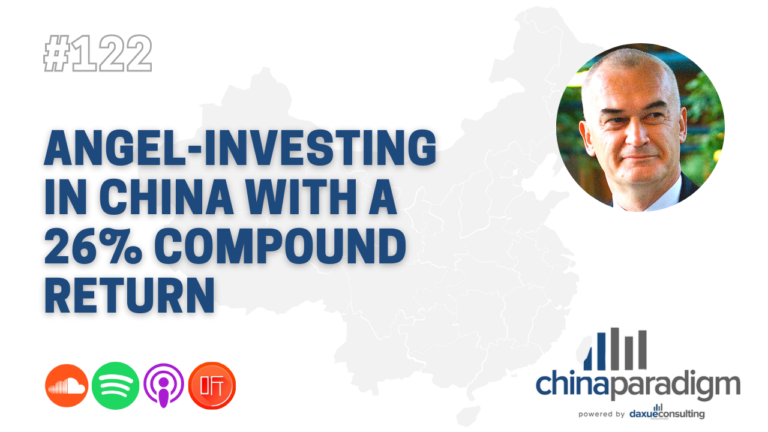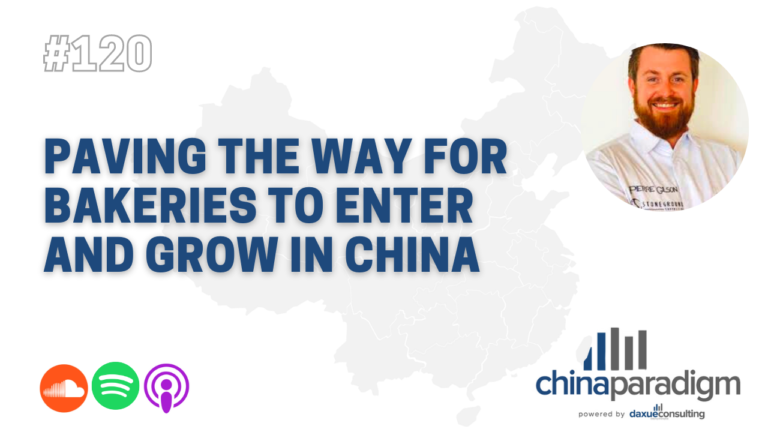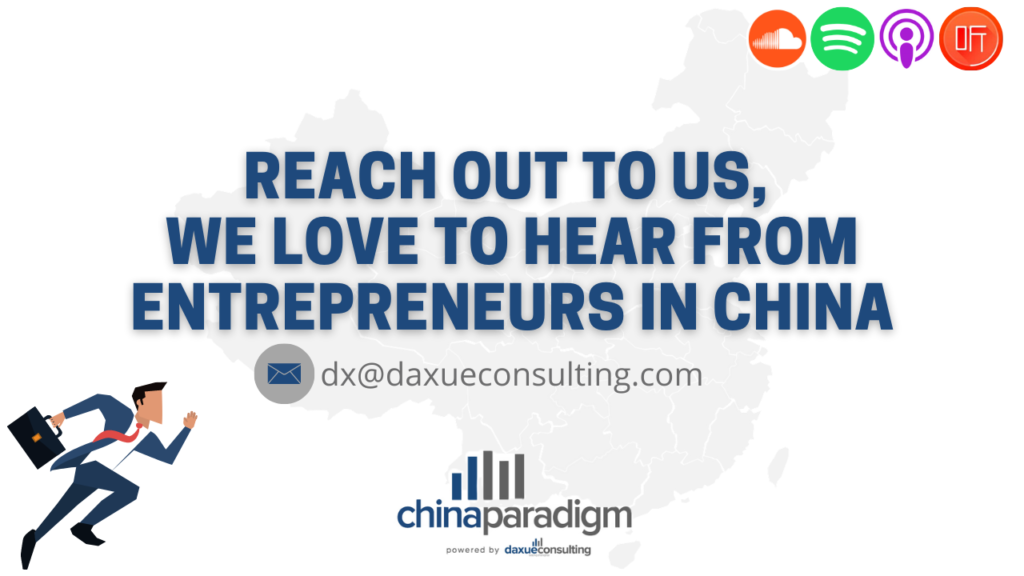China-Europe innovation
China Paradigm interviewed Yingzi Yuan, Executive Director at Europe China Foundation, to gain a better understanding of the recent China-Europe innovation initiatives and the new business relationships between the two regions.
China and Europe relations: from trade to China-Europe innovations and acquisitions
China and European countries have for long been large trade partners. In 2019, according to Eurostat, while the EU total exports to China amounted to €198 billion, imports added up to €362 billion thus ranking China number three export destination and number one partner for imports of EU goods (see more detailed information on China-EU – international trade in goods statistics).

In parallel to this, joint-learning and knowledge-sharing between the two regions have started to flourish. Yingzi Yuan explains that Chinese companies are increasingly interested in investing in projects in Europe. Not only is China attracted by the modern and developed infrastructures of R&D centers and laboratories, but also companies like Tencent have started to invest in go-to-market strategies as illustrated by their recent acquisition of Lydia (learn more about the acquisition of Lydia by Tencent). So, it seems that China-Europe innovation will continue to intensify in the future thus leaving space to new global projects and knowledge sharing.
« Chinese companies are definitely very interested in European R&D. A lot of European universities have very advanced research laboratories for biological or medical research. »
China’s business ecosystem in 2020: innovating with tech giants and the government
During the interview, Yingzi Yuan discusses the importance of innovation for China’s business ecosystem in 2020 and the strong ties it has with the Chinese government. She explains that the latest is essential in the sector of innovation since it decides which industry to push and which to restrain. During the last decade, authorities have multiplied their actions and have leveraged enormous resources to push start-up initiatives.
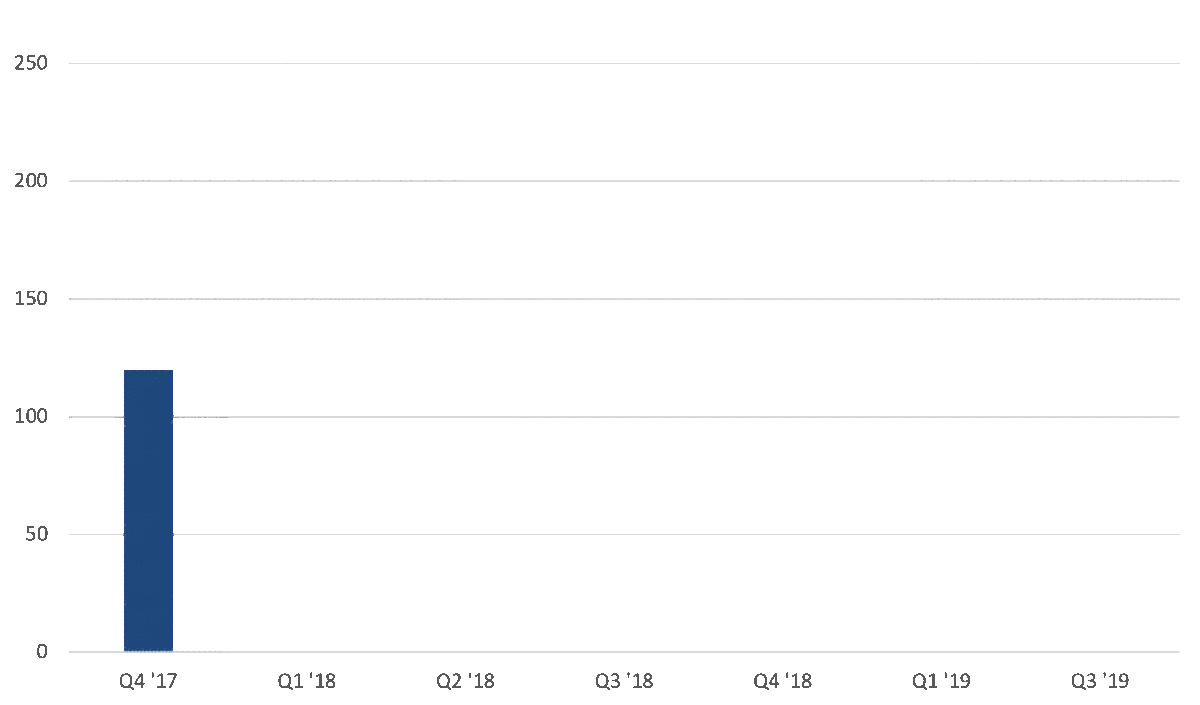
All these investments have paid off. From Q4 2017 to Q3 2019, it is not less than 98 names that have been added to the long list of Chinese Unicorns, illustrating perfectly the growth of China’s business ecosystem in 2020 and its innovation scene.
Yingzi Yuan explains that tech giants dominate this scene (watch another episode on China’s innovation scene). In Europe, she believes that the situation is different and that more traditional industries (aeronautic, energy, etc.) are commanding the innovation’s sector. She then adds that the sector often lacks equivalent capacities and opportunities to move fast and innovate greatly when compared to what is observed in China.
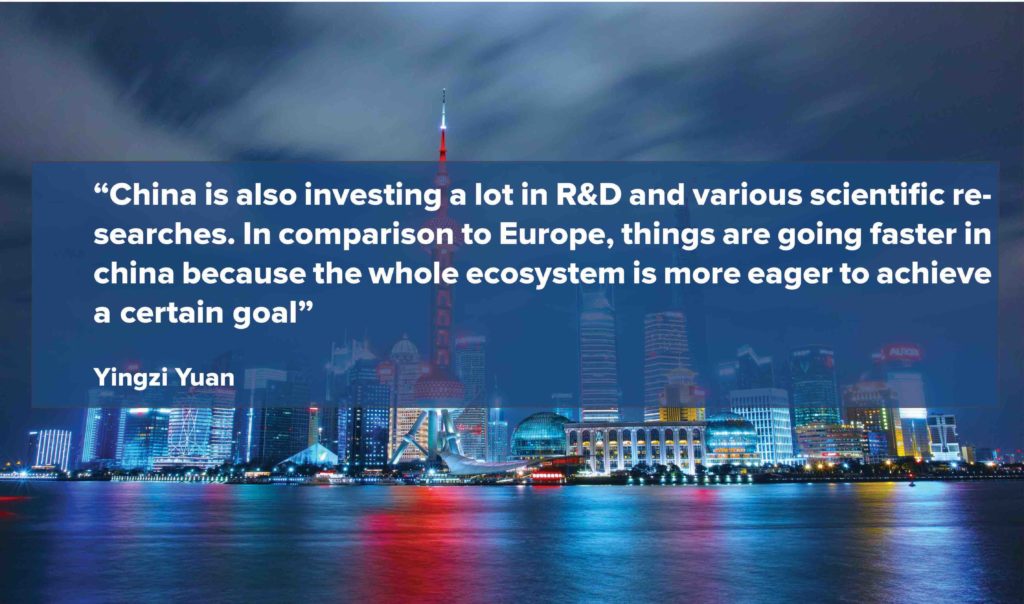
Business incubator and VCs in the local market: towards a new Chinese model
During the interview, our guest also shares her research on entrepreneurship and China’s business ecosystem in 2020. By analyzing the role and presence of the different stakeholders in this sector, it has been observed that, in contrast to their European equivalent, incubators in China are generally largely supported by local governments and seem to be particularly active these days. In fact, Chinese business incubators are gaining in popularity in the country and makerspaces are being inaugurated all around the nation. China’s business ecosystem in 2020 is also seeing tech giants such as Tencent or Alibaba playing the central role. So, why is it so different compared to Europe? According to Yingzi Yuan, the reason simply lies in the dominance of the internet sector in the Chinese business landscape. So, at the end of the day, the industry grows around this strong ecosystem where most start-ups will be acquired by fast-moving tech giants.
On the other hand, VCs in the Chinese market has already been established long ago, but it seems that local venture capitalists have only started to flourish recently. Rather than copying the well-established U.S. model, China is on the way to build its own venture capital model. Yingzi Yuan observes that many Chinese companies that are willing to invest in the European market are still struggling due to their lack the competency and understanding of the sector.
Accordingly, with her association, Yingzi Yuan aims at creating new dynamics in the market and hope to see more Chinese start-up being incubated in Europe and vice-versa. Even if she sees many challenges, Yingzi Yuan believes that in the upcoming years, the world will observe the boom of what she calls “super Chinese VC’s”.
« China also has some local venture capitalists, but it’s a very recent phenomenon and they are still trying to find the right Chinese model of investment instead of copying the whole US model. »
Related reading: Connecting all entrepreneurs and make progress together
Listen to this episode here:

